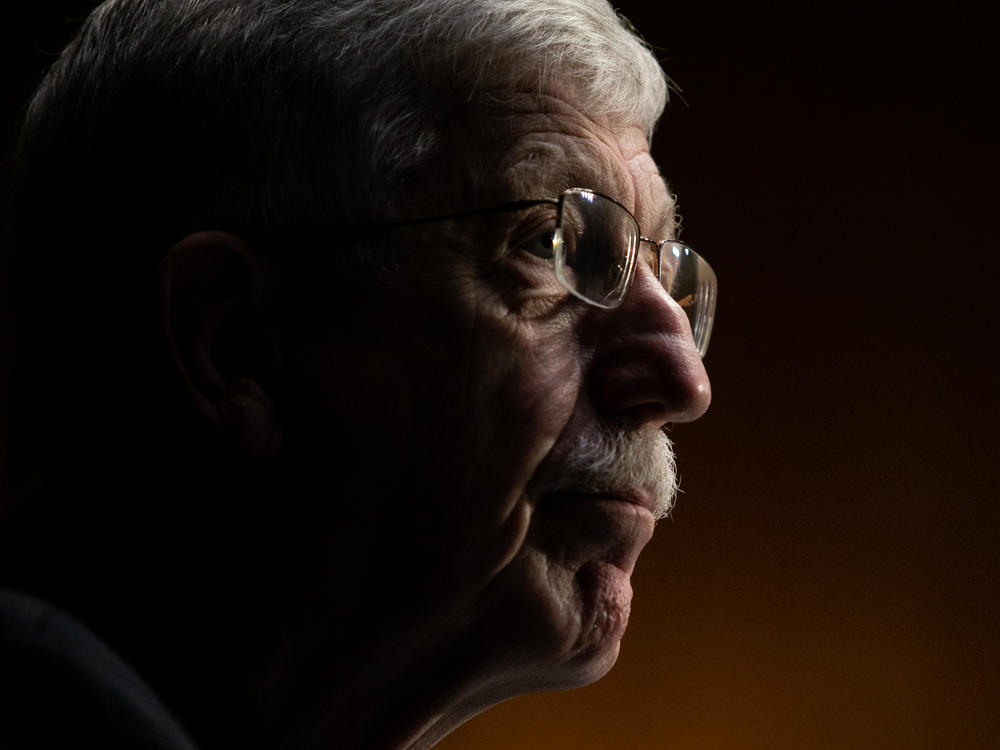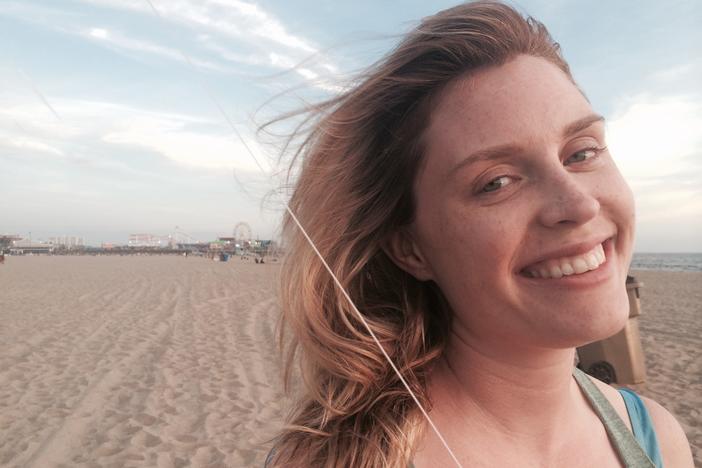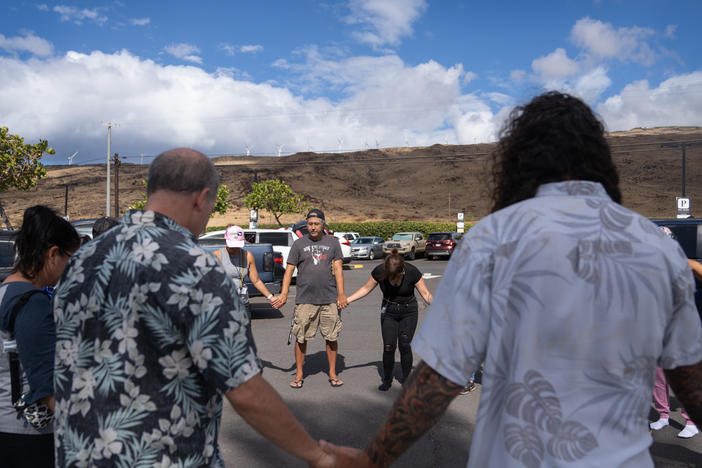Section Branding
Header Content
This Former NIH Chief Went Public With His Prostate Cancer To Help Others
Primary Content
You're reading the Consider This newsletter, which unpacks one major news story each day. Subscribe here to get it delivered to your inbox, and listen to more from the Consider This podcast.
1. The doctor becomes the patient.
Prior to leading the NIH, he was a leading geneticist:
- Collins and his team at the University of Michigan discovered the genes associated with a number of diseases, like cystic fibrosis and Huntington's disease.
- He also led the Human Genome Project – pivotal to understanding the makeup of the entire human genetic code.
- Collins played a key role in the nation's response to the COVID-19 pandemic and helped the U.S. navigate an unprecedented global health crisis.
- After stepping down from his post at the NIH in 2021, he continued scientific work at his lab at the National Human Genome Research Institute.
Now at 74, Collins' life looks very different. After helping the world navigate a health crisis, his attention has shifted to battling his own.
"It's one thing to be imagining what somebody is experiencing as you're giving them news that might be really serious and maybe even life threatening. It's another to be the person in that spot," Collins told NPR's Scott Detrow in a recent interview.
Recently, the doctor went public with his diagnosis of an aggressive form of prostate cancer.
2. Serving the public in a different way.
"I served medical research. Now it's serving me. And I don't want to waste time," Collins said.
Collins first opened up about his diagnosis in an article published in The Washington Post.
During his career as a physician-scientist, he worked with patients dealing with serious medical diagnoses, advising them on treatments and how to move forward with their life as best as possible.
Now he's in that position himself, and hopes being open about his illness can help others. He understands that prostate cancer is an uncomfortable subject for many men.
"We need to get over that," Collins said bluntly. "Particularly men who have reached the point of age 50 or so really need to think about what they can do to take care of themselves with the kind of screening that I had."
Collins said that early detection is key; routine health screenings were part of what helped him catch his cancer early.
"This kind of surveillance, even though a lot of people put it off, this can be lifesaving. And if there's some little part of my story that gets somebody interested and doing that for themselves, then it's worth being out there in the public."
3. Feeling gratitude.
Staring down a cancer diagnosis is scary for anyone – including medical professionals.
But Collins said he's thankful the cancer was caught early. He's currently a part of a clinical trial at NIH, "I'm hoping that whatever is learned about me can be widely shared and can teach people about other ways to deal with this disease."
In addition to medical support, Collins is also grateful for the emotional support he's received.
It's difficult for many people to know exactly what to say when someone in their life has received a cancer diagnosis. These are the words that have helped him:
"I think what some of the people are reaching out to me with is a great example to say, you know, I'm really supportive of you. I know you're going through a tough time. I just want you to know I love you... that's a whole lot better than my thoughts and prayers are with you, which is sort of the old way of saying it. These are very genuine statements of affection that I have very much cherished."
For sponsor-free episodes of Consider This, sign up for Consider This+ via Apple Podcasts or at plus.npr.org. Email us at considerthis@npr.org.
Bottom Content




